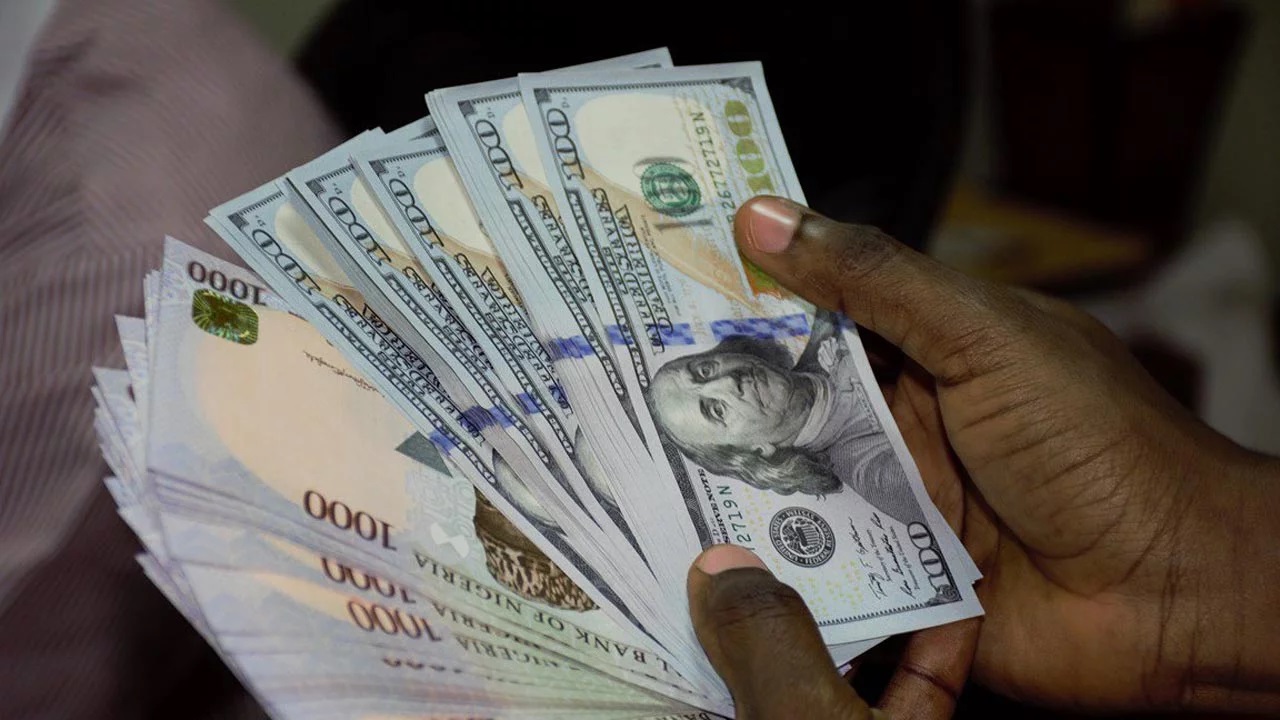The Nigerian naira plunged to a new low of 790 per dollar at the investors and exporters (I&E) window on Thursday, a day after the Central Bank of Nigeria (CBN) announced the unification of all exchange rate markets in the country. The local currency later recovered some ground to close at 702 per dollar.
The I&E window, also known as the Nigerian Autonomous Foreign Exchange (NAFEX) market, is a platform where buyers and sellers of foreign currencies trade at market-determined prices.
The CBN said on Wednesday that all exchange rates in the country will now follow the “willing buyer, willing seller” arrangement at the I&E window, effectively floating the naira.
This means that the CBN will no longer intervene in the foreign exchange market to defend the naira or maintain a fixed rate. Instead, the market forces of demand and supply will determine the value of the naira.
The CBN also said that the operational rate for all government-related transactions will be the weighted average rate of the previous day’s transactions at the I&E window.
The new exchange rate system is a major departure from the previous regime of multiple exchange rates that created confusion and arbitrage opportunities in the market.
The CBN had maintained different rates for different segments of the market such as the interbank, bureau de change, and retail outlets.
The move to adopt a single exchange rate system is seen as a positive step towards achieving a more transparent and efficient foreign exchange market in Nigeria. It is also expected to boost investor confidence, attract foreign capital inflows, and enhance economic growth.
However, some analysts have warned that the policy may also have some negative implications such as inflationary pressures, reduced purchasing power, and increased debt burden for the government and businesses.
The CBN had introduced the I&E window in 2017 to improve foreign exchange market mechanisms, deepen market liquidity, and ensure prompt execution and settlement of all forex transactions.
The window was meant to complement other segments of the market such as the interbank, bureau de change, and retail outlets.
The acting governor of CBN, Folashodun Shonubi, has assured Nigerians that the new exchange rate system will be beneficial to all stakeholders and will promote stability and growth in the economy.
He has also urged Nigerians to support the policy and shun any attempt to sabotage it or spread false information about it.
